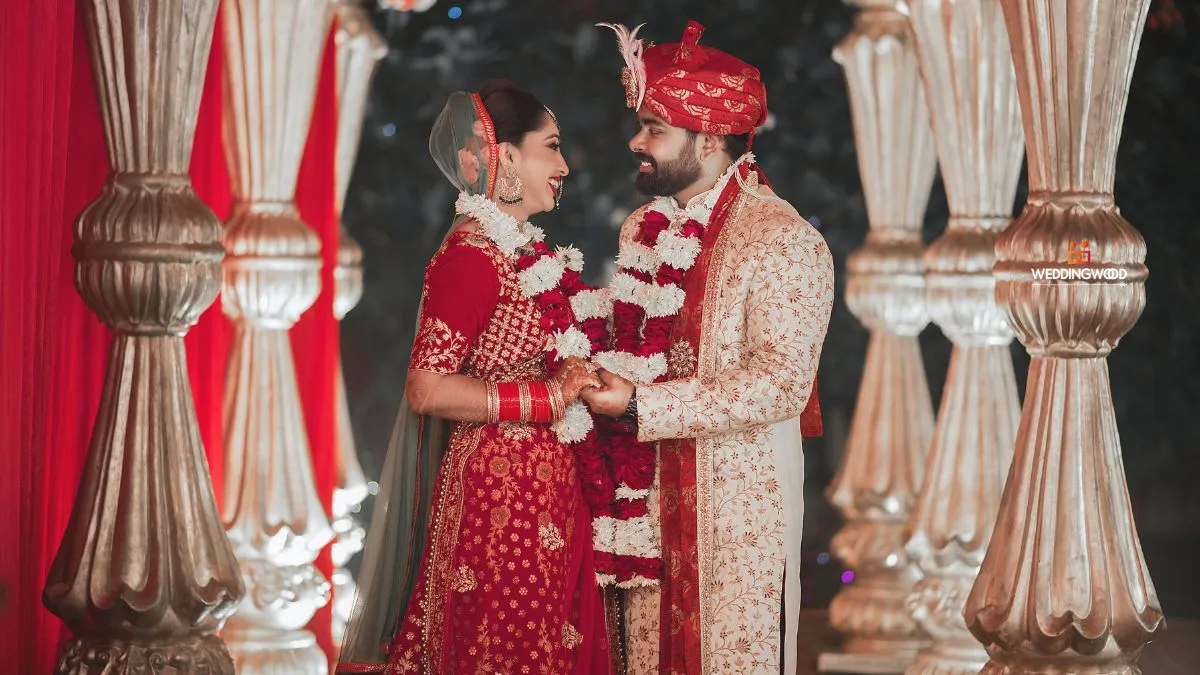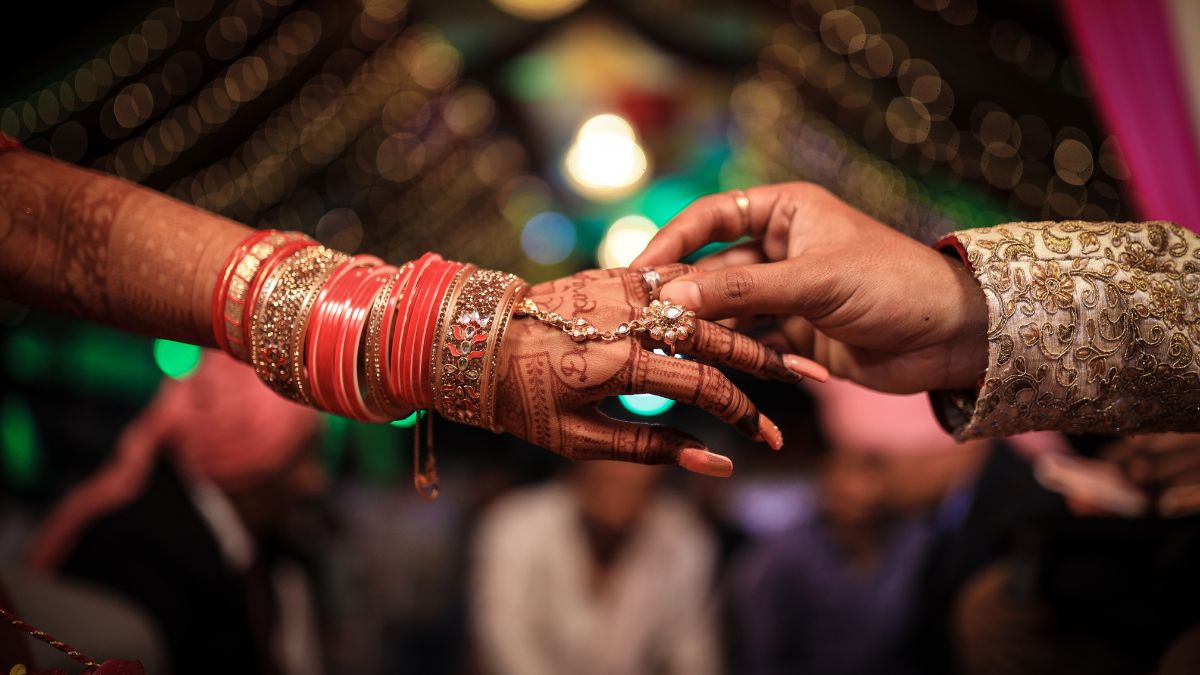
Why Marriage Registration Is A Must: Know These Things Before You Tie The Knot
A wedding may dazzle with rituals, flowers, music, and laughter, but beyond the splendour lies a truth often overlooked, the ceremony alone does not make a marriage legally binding. While traditions celebrate love in the presence of family and faith, marriage registration is what grants the union its official recognition. Before you tie the knot, understanding why registration matters can ensure your relationship is not only cherished but also protected by law. Learn more about it in this article from our expert, Shreya Sharma, Founder of Rest The Case.
Marriage Registration: A Mark of Legal Recognition
In India, registering a marriage may not be compulsory for every religious group, yet it is unequivocally recommended. The act bestows the relationship with legal recognition, cementing its standing not only in society but also before the law. Once registered, a couple is issued a marriage certificate, which functions as the official proof of their union. This single document proves indispensable when applying for passports, visas, insurance claims, or pensions, effectively making it a cornerstone of married life in a modern, globalised world.

Marriage Registration: Protection Beyond Ceremony
While traditions immortalise a marriage in cultural memory, registration ensures protection in legal realities. From divorce proceedings and inheritance disputes to maintenance claims, a registered marriage gives both partners the security of enforceable rights. In the unfortunate event of conflict or abandonment, this document acts as irrefutable proof of the union, allowing spouses, particularly women, to assert their rightful claims without hindrance.
1
2
3
4
Marriage Registration: What Does Supreme Court Say?
The Supreme Court of India has long underlined the necessity of registering marriages as a means of protecting society’s most vulnerable. Registration helps curb child marriages, prevents polygamous unions, and safeguards women and children from fraudulent alliances. It is a decisive step towards ensuring that marital rights are not denied or diluted, bringing transparency and legitimacy into a sacred bond.

Marriage registration is not merely about legal battles, it simplifies everyday administrative tasks. A certificate is often required for international travel, joint financial planning, or securing spousal benefits. Without it, couples may face unnecessary delays, scepticism, or outright rejection of claims, complicating what could otherwise be seamless processes.
Marriage, at its heart, is an intimate promise shared between two people. Yet, to protect that promise in the world beyond, registration is indispensable. It transforms an emotional commitment into a legally fortified partnership, ensuring not only recognition but also security and ease in practical matters.
For couples preparing to tie the knot, registering their marriage is not an afterthought, it is an essential gesture of foresight, responsibility, and protection. After all, true luxury in love lies not just in celebrating the union but in safeguarding it for a lifetime.
If you liked this story, then please share it. To read more such stories, stay connected to HerZindagi.
Image Credits: Canva
Also watch this video
Herzindagi video
1
2
3
4